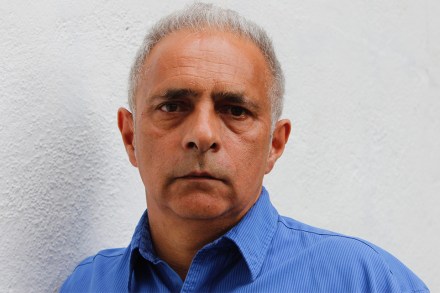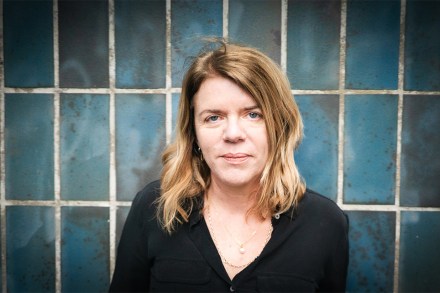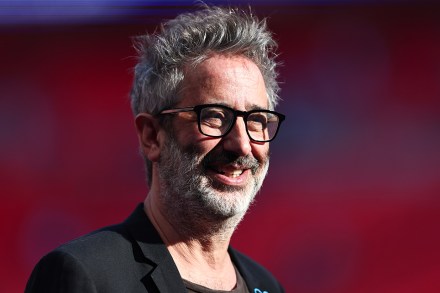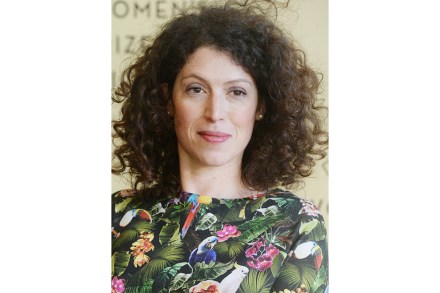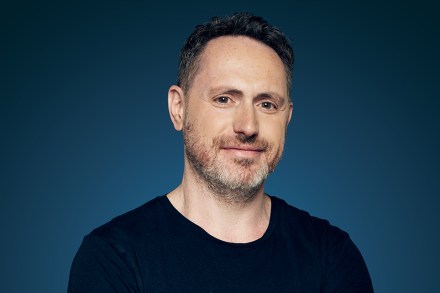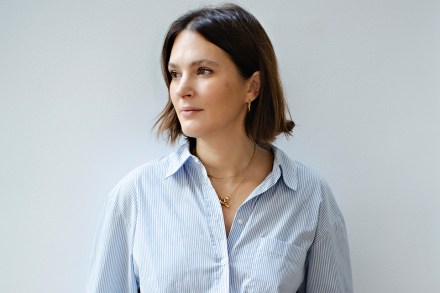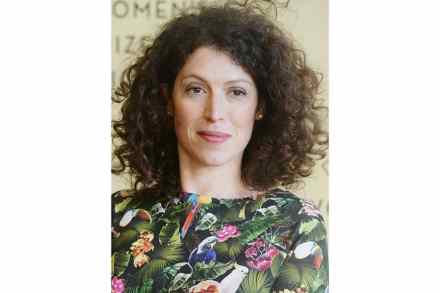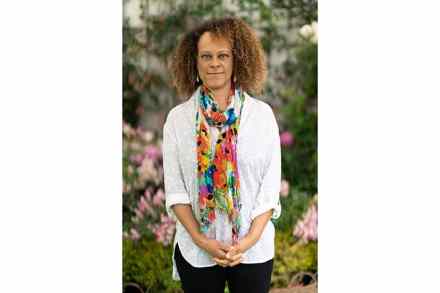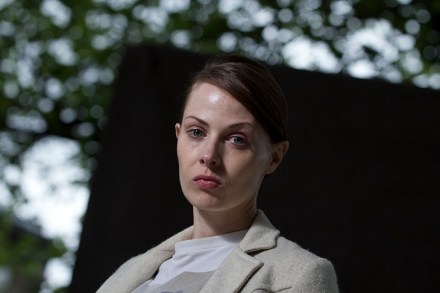Truly inspirational: the hospital diary of Hanif Kureishi
You’d think a book about a paralysed man lying in hospital for a year would be bound to be depressing. It never is. Hanif Kureishi is such an exhilarating writer that you read agog even when he’s describing having his nappies changed or fingers stuck up his bottom. It all started on Boxing Day 2022 when he was sitting watching television in his girlfriend Isabella’s flat in Rome. He wasn’t drunk, he wasn’t stoned, but suddenly he felt a bit dizzy, put his head between his knees and fell off the sofa. In doing so, he somehow broke his neck and became tetraplegic. As a result, he cannot move his
